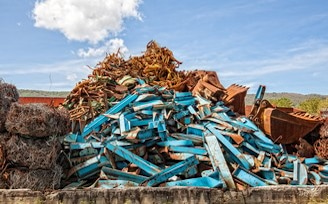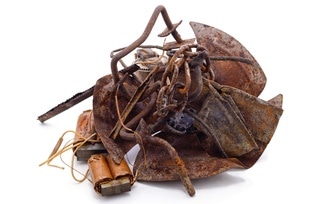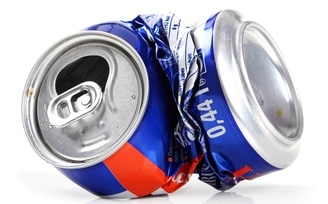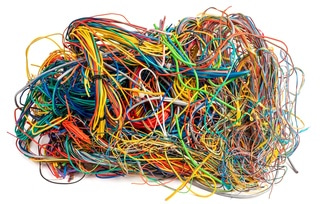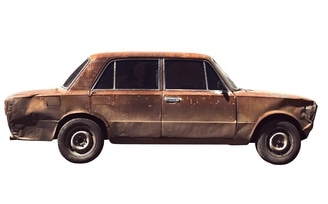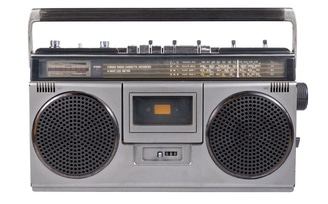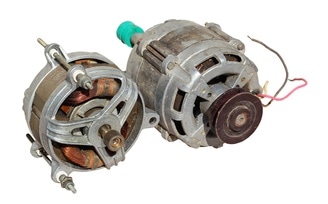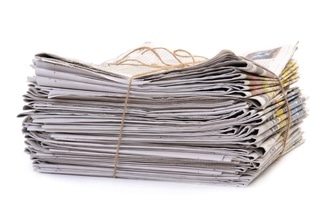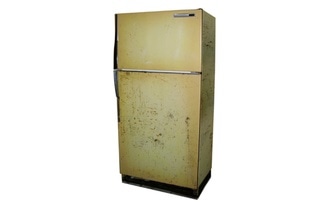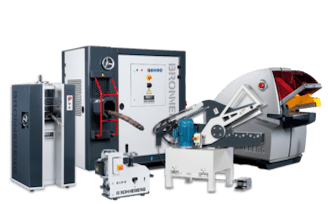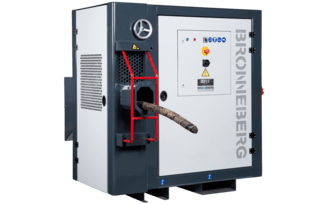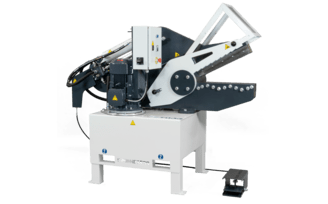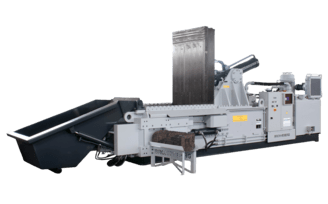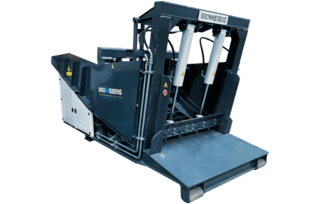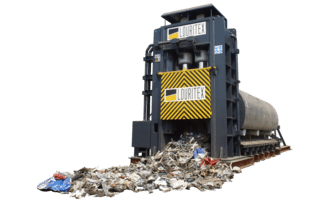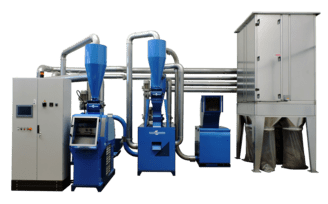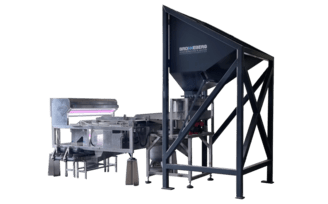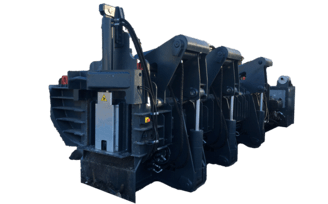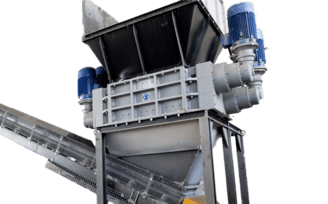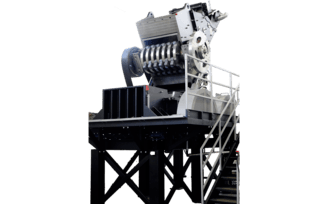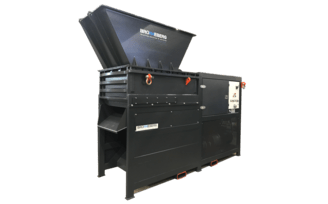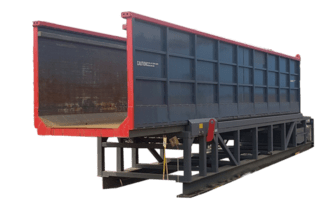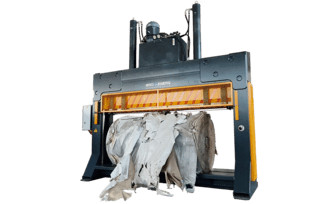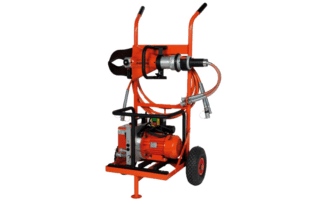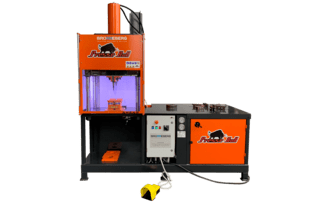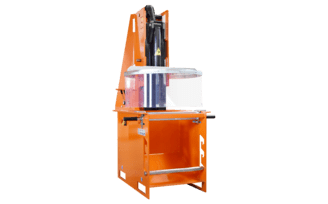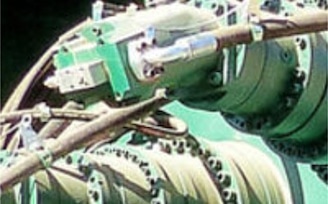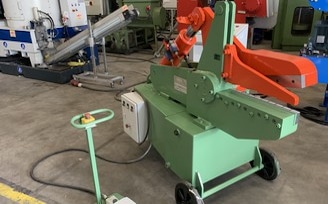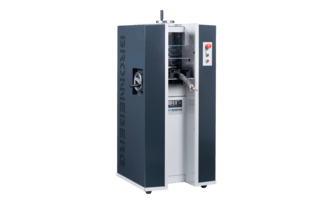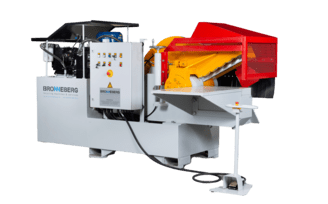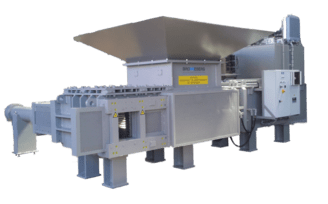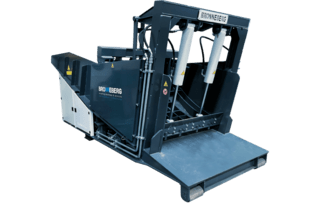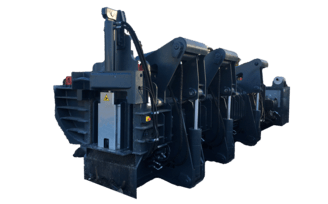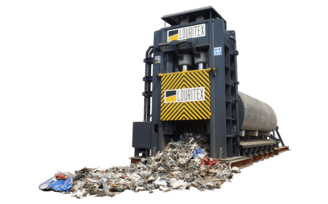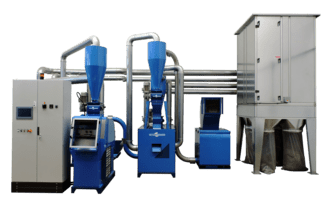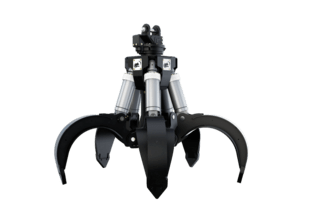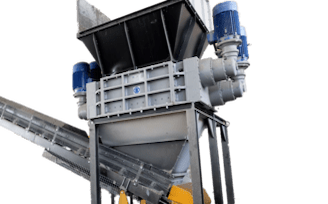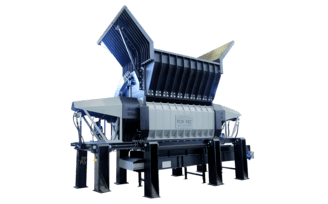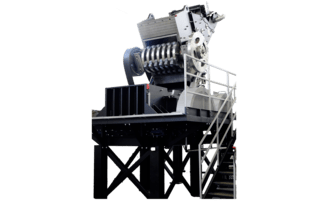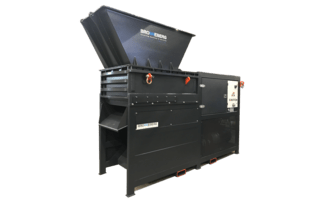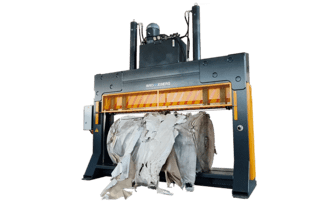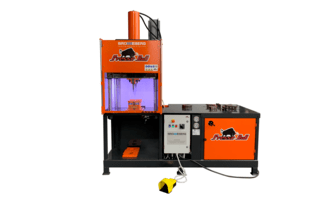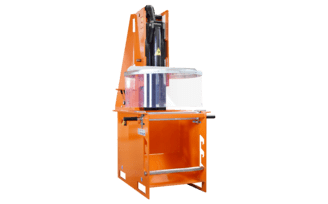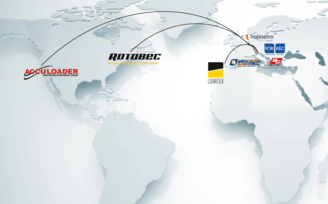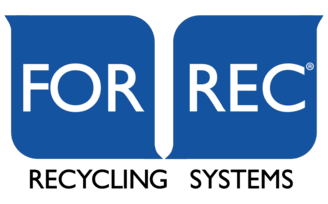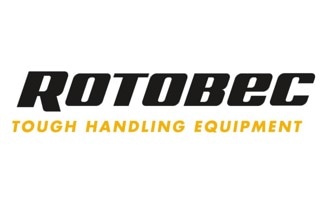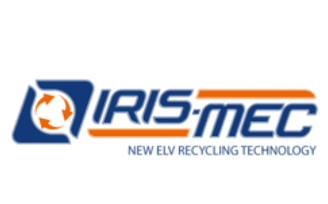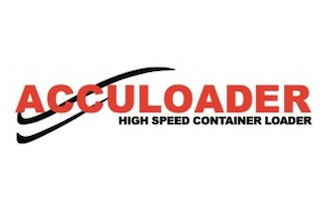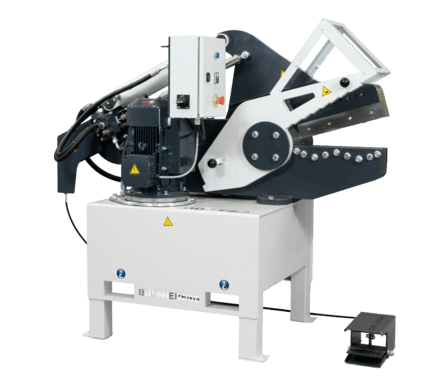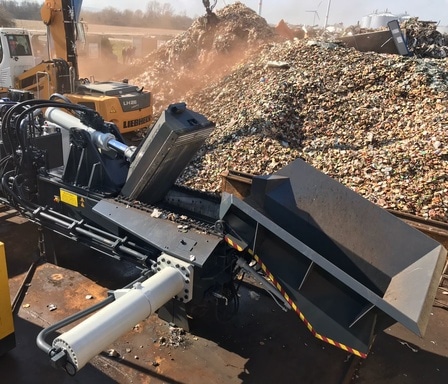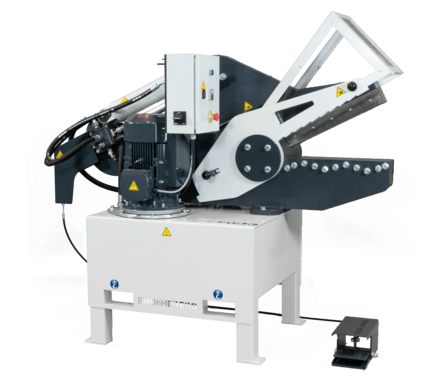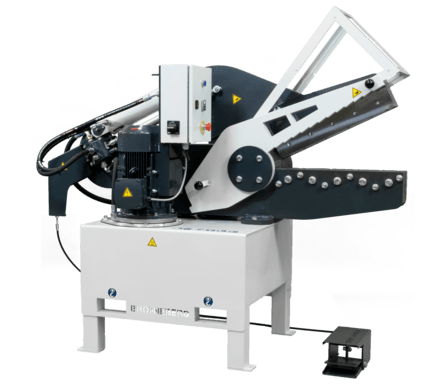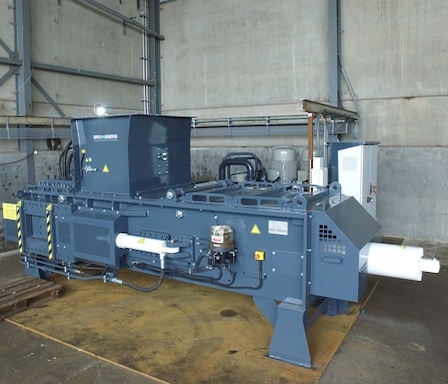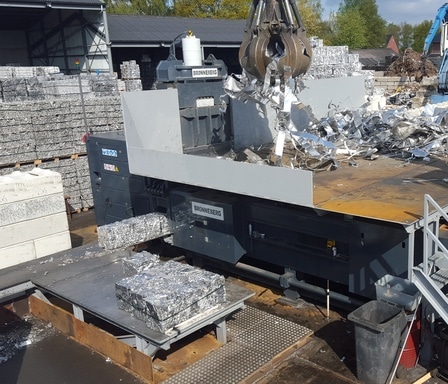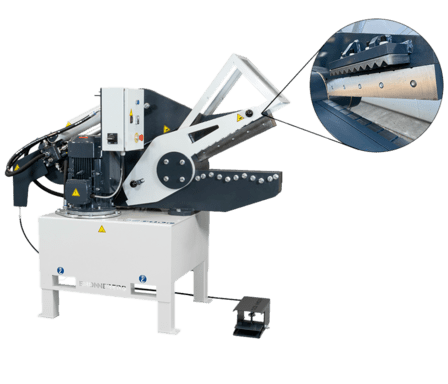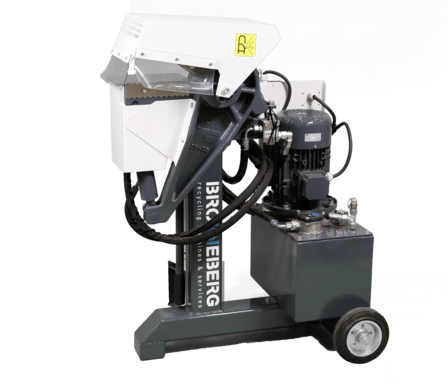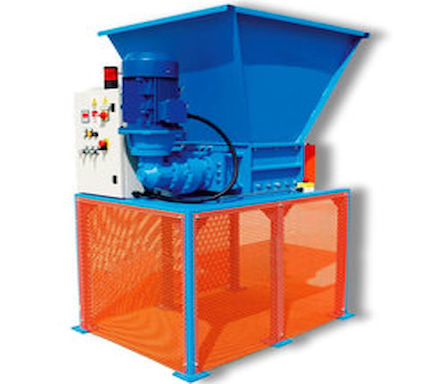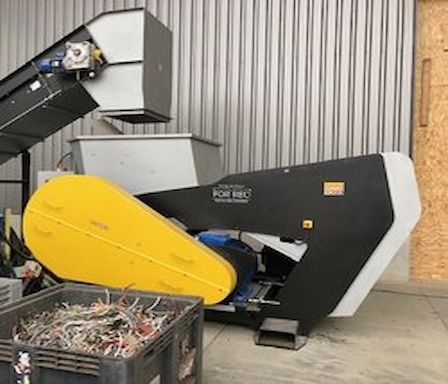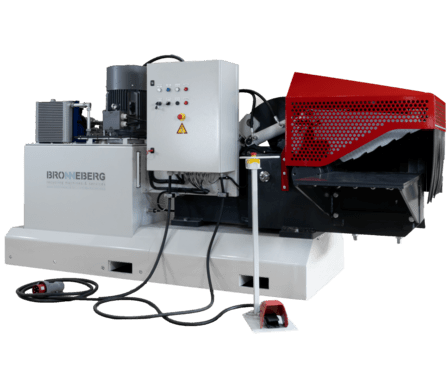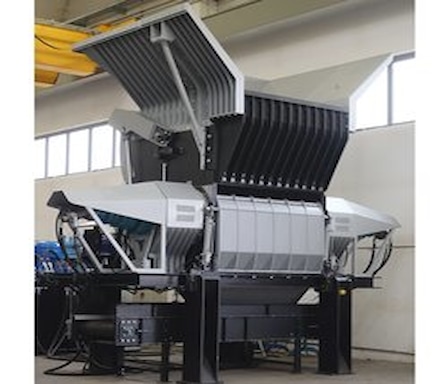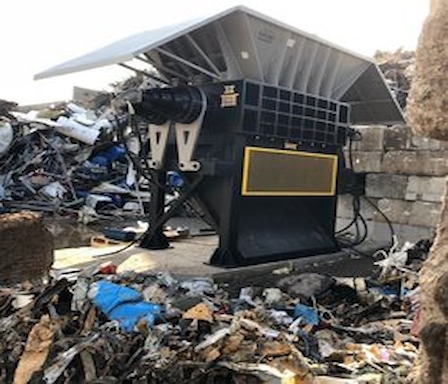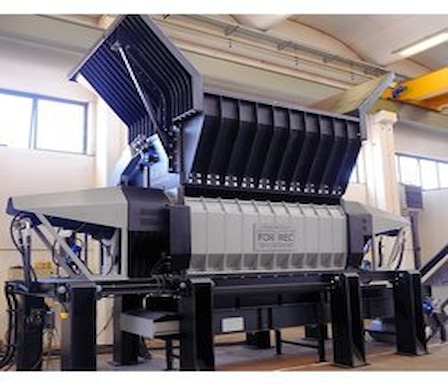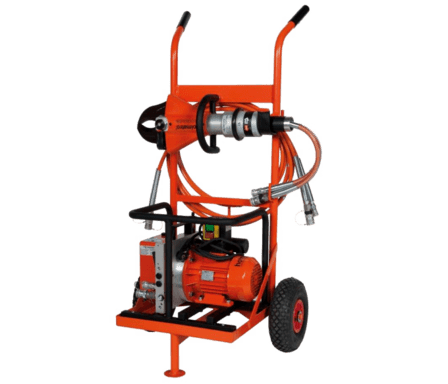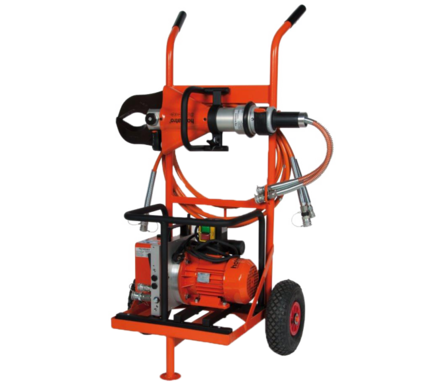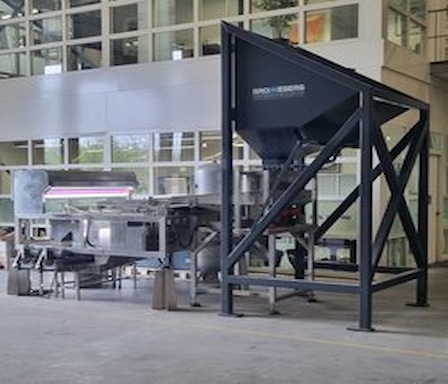Key Facts About Aluminium
As the most universally used non-ferrous metal, aluminium’s popularity relies on its weight, elasticity and corrosion resistance. Its top industrial uses are in the manufacturing of consumer products, transportation and electrical.
Unlike steel and copper, it weighs over 2 thirds less which makes it a great candidate in the automotive and aerospace industry. Although more expensive and not as strong as steel, aluminium is a great electricity conductor, so it’s widely used to manufacture electric wires and cables.
Why Is The Recycling of Aluminium Important?
The recycling of aluminium effectively dates back to the time when people started manufacturing aluminium. One of the main reasons for the recycling of aluminium is that it's fairly simple to melt. At the same time, recycling doesn’t alter aluminium’s quality, so the process can be repeated unlimitedly.
In contrast to the use of new raw materials, there is a 95% energy saving rate when aluminium scrap is being used for the production of new aluminium, so recycling it provides a safe and efficient way to continue using it without tapping into natural resources.
Best Equipment To Recycle Aluminium
Because of this high rate of energy saving turnover, the ultimate goal while recycling aluminium is to achieve the purest end fraction. This material will be oversupplied back to the aluminium smelter and melt losses can be minimised.
Bronneberg offers an extensive range of aluminium recycling machinery and equipment, including the following selection of solutions:
- XRF and LIBS handheld metal analysing devices for the sorting of various aluminium alloys;
- Alligator shears for cutting and cleaning aluminium profiles;
- Metal balers for compacting scrap aluminium into bales with high density That can be directly fed into the furnaces;
- Single-shaft shredders and rotary shears for the processing of contaminated aluminium scrap;
- Hammer Mills to densify and clean aluminium scrap;
- Eddy-current non-ferrous metal separators for the recovery of aluminium from municipal solid waste (MSW)
For more information on aluminium recycling, take a look at our full guide. If you would like to benefit from our experience in the field of aluminium recycling, please contact one of our specialists
Alternatively, find out more about how to recycle different types of metal with this three-step guide.
